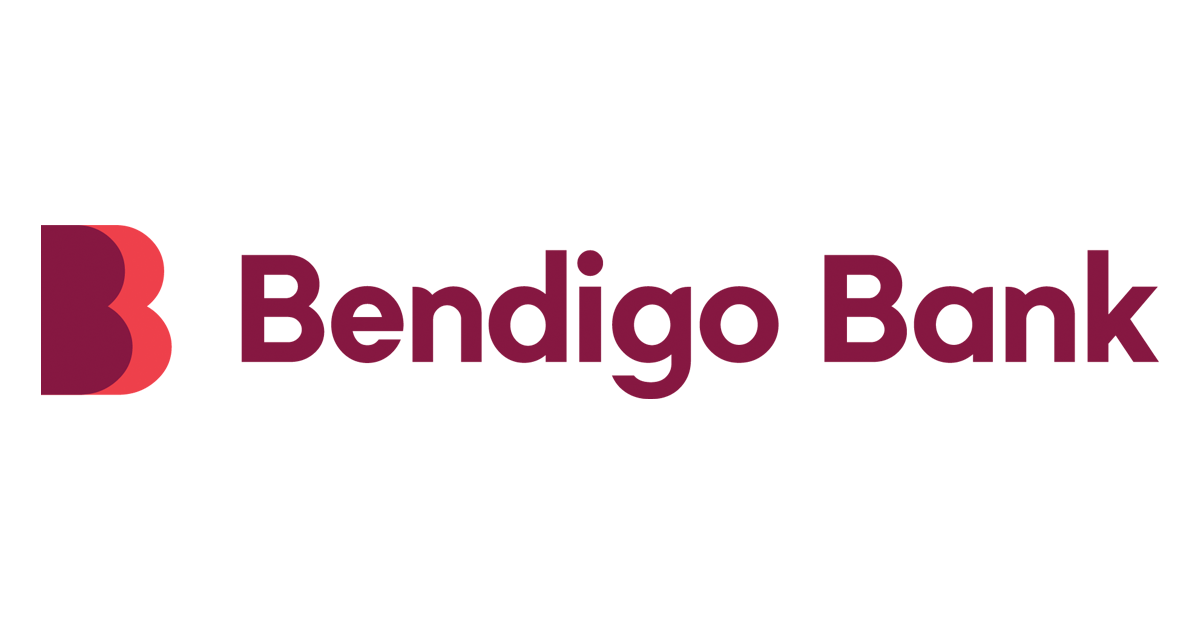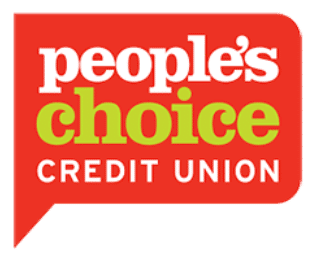A commercial property loan helps borrowers buy property such as offices, shops and industrial spaces to use or lease.
These types of loans differ from residential home loans, with distinct risks, costs and lending criteria. Whether you’re buying premises for your business or investing in commercial real estate, it’s important to know what to expect before applying.
How do commercial property loans work?
Commercial property loans work similarly to residential home loans in their basic structure: you borrow money to buy a property, pay a deposit, then make repayments with interest over an agreed term. However, the requirements for commercial loans are much stricter because they’re considered higher risk.
You’ll generally need a larger deposit and face higher interest rates. Loan terms are usually shorter too, often ranging from five to 15 or 20 years.
A balloon payment may also be required, which is a larger lump sum due at the end of the term. This helps keep your regular repayments lower throughout the loan period by postponing a portion of the principal until the final payment.
Who can take out a commercial property loan?
You can take out a commercial property loan to buy property for your business or as an investment, depending on your needs and goals. Owning their commercial space gives business owners more stability and allows them to avoid ongoing rental costs, while investors can profit from rental income and potential capital growth.
When you apply, lenders assess both your personal and business profile, as well as the property’s earning potential, to ensure you meet eligibility criteria. You’ll typically need to provide:
- Business and personal tax returns for the past two years (or more)
- A business plan and financial forecasts
- Details about the property
- Information on any existing leases
Because of the detailed assessment, the approval process for commercial loans generally takes longer than residential ones, often several weeks instead of days.
Properties that can be purchased with a commercial loan
- Office buildings
- Retail spaces
- Industrial facilities
- Apartment buildings
- Hotels/motels
- Medical centres
- Childcare centres
What size deposit is required for commercial property?
Commercial property loans usually require a larger deposit than residential home loans due to the increased risk involved with commercial property lending. In many cases, lenders will ask for a deposit of around 30% to 40% of the property’s value.
Lenders may require an even larger deposit if the property is considered higher risk, such as when tenant demand is limited, vacancy periods are likely to be longer or the property is highly specialised.
In some cases, it may be possible to reduce the cash deposit required by offering additional security, such as an existing property or other valuable business assets. A well-prepared business plan can also help demonstrate the viability of the investment and support your application.
Are interest rates different between residential and commercial property loans?
Yes, while commercial property loans offer similar interest rate options to residential home loans, including fixed and variable rates, the interest rates themselves are usually higher to account for the higher risk.
However, the actual interest rate you’ll get depends on a range of factors:
- Business strength and performance: a stronger business profile reduces risk, which can lead to more competitive rates.
- Credit profile: both personal and business credit histories influence rates, with better credit often resulting in lower interest.
- Property type and location: specialist or less liquid properties typically carry higher rates due to their resale challenges.
- Lease strength: properties with stable, long-term tenants provide steady income, which can reassure lenders and be rewarded with better rates.
- Deposit size and loan-to-value ratio (LVR): larger deposits lower the lender’s risk and can help secure more favourable rates.
- Additional security: offering extra collateral can improve borrowing terms and reduce interest rates.
- Lender choice: rates vary among lenders, so working with a broker can help you find the most suitable option.
How to invest in commercial real estate
-
Assess your finances
Understand your budget and how much you can comfortably afford to invest.
-
Consult with experts
Seek advice from accountants, solicitors and property consultants before making any decisions.
-
Choose your property
Find a property that suits your business or investment goals. Research the location and vacancy rates, and verify tenant details.
-
Arrange financing
You can approach lenders directly or work with a broker to find a loan that best suits your needs.
-
Lender assessment
The lender will inspect and value the property, and review any potential issues.
-
Complete settlement
Once approved, your loan funds are released, and ownership will transfer to you.
Is commercial real estate a good investment?
Commercial real estate is generally considered riskier than residential property as it is more sensitive to economic shifts and changes in the local area or infrastructure, which can impact vacancy rates and property values. Leases can also take longer to fill, especially for specialised or niche-use spaces.
However, once tenanted, commercial property can provide stable income and solid returns. Leases tend to be longer – often several years – and tenants are usually established businesses motivated to maintain the space and succeed, resulting in more reliable income.
Investors may also benefit from tax deductions on expenses such as management, maintenance and depreciation.
While it might throw up challenges, with the right property and tenants, commercial real estate can offer both strong income potential and long-term investment growth.
Commercial vs residential property
While commercial and residential property loans may seem similar at first glance, there are a number of differences between the two. Here are some of the key distinctions:
| Feature | Commercial | Residential |
|---|---|---|
| Eligibility | Business and borrower focused | Borrower focused |
| Deposit | 30%+ | Around 20% |
| Interest rates | Higher | Lower |
| Fees | Higher | Lower |
| Loan terms | 5–20 years | 25–30 years |
| Balloon payment | Common | No |
At the end of the day, commercial and residential property loans are designed for different purposes and come with distinct requirements and features. Understanding these differences will help you choose the right loan for your specific needs, whether you’re investing in a business property or buying a home.






















